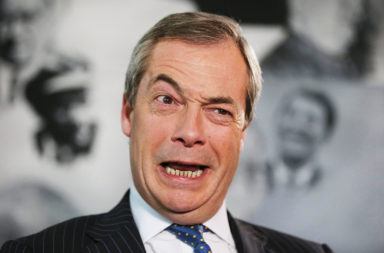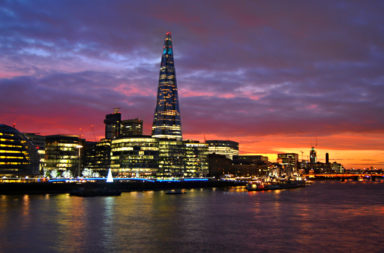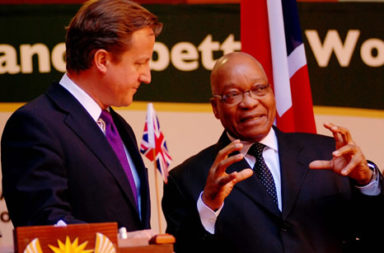A landslide victory for Jeremy Corbyn in the Labour Party leadership contest, with 62% of the votes over rival Owen Smith, has given rise to an unprecedented divide between the Labour party’s membership base and its MPs.
He is proud he got many new party members the last months:
Now is the time to join our growing movement. Do it today → https://t.co/DDlbDUFwHN #Lab16 Pass this on, hit RT: pic.twitter.com/9vsfahVBCR
— The Labour Party (@UKLabour) 28. September 2016
Back in June he faced a stark vote of no confidence with over three quarters of the party backing a motion of no confidence.
Corbyn victory is an unprecedented divide:
- According to an exit poll, only 37% of members who joined before 2015 voted for Corbyn, compared to 83% of newer members
- Worst ever poll ratings for an opposition party
- This fiasco has turned out to be a disaster for the Labour Party.
- The year surely has to be deemed a failure, from the disappearing act over his position in the EU referendum, to now the lowest poll ratings in history for an opposition party, only 12 months on from the last leadership contest.
- The party has only offered up frenzied and ineffective opposition in a wildly turbulent political climate.
- Among young people, Corbyn’s has an approval rating of -18% nationwide, compared to -68% for those over 65.
Corbyn to @SkyNews “my mandate has been renewed with a big increase, considerably more than a year ago. I think we should recognise that”.
— Faisal Islam (@faisalislam) September 24, 2016
Bad news for Britain
Experience tells us that the lack of a credible opposition leads to bad government. Everywhere from Mexico to Japan this can be felt. What’s worse is this meltdown coincides with Britain’s extraordinary task to navigate through Brexit negotiations, which badly need the scrutiny of an opposition party. What opposition there is will likely be found emanating from the backbenches of the Conservative government, and the undemocratic House of Lords. All the while Scotland will have to seriously consider its position. An effective opposition should now be bringing into question the government’s plans for Brexit to somewhat appease the 48% who voted to Remain, but due to the extremely thin shadow cabinet, it is the shadow Foreign Secretary who is also the shadow Brexit secretary, leaving the plans largely exposed to the hard line Tory Brexiteers who want a disastrous “hard Brexit”, favoring to leave the single market purely to retain a grip on immigration.
Under Theresa May the Tories represent more of the same failed policies. Only Labour offers the real change people need. Our new broadcast ↓ pic.twitter.com/f18kL7hYED
— The Labour Party (@UKLabour) 27. September 2016
Future unity
“I think you will see a sense of unity around the party. I’ve already had messages from lots of people who want to get on board and get out there and do the campaigning. And that’s just what we are going to be doing.” – Jeremy Corbyn Implying by this statement that many MPs would now be returning to their frontbench roles, Corbyn now faces the tough task of bringing the party back together. He hopes to do this through policy:
“We’re here to transform society, and to transform the world.” My message at @TWT_NOW. #Lab16 fringe event. pic.twitter.com/YVgAVfliKc
— Jeremy Corbyn MP (@jeremycorbyn) September 25, 2016
Political parties come and go, but not in Britain Because of the first past the post electoral voting system in place, it is notoriously hard for smaller parties to gain traction in any real attempt at growth. So while the nature of politics will usually give rise to new parties who will meet the needs of voters, in Britain it will likely lead to a Conservative landslide, for years to come. Ironically, a new political system is what Jeremy Corbyn has campaigned for, although a one-party state was probably not what they had in mind.




